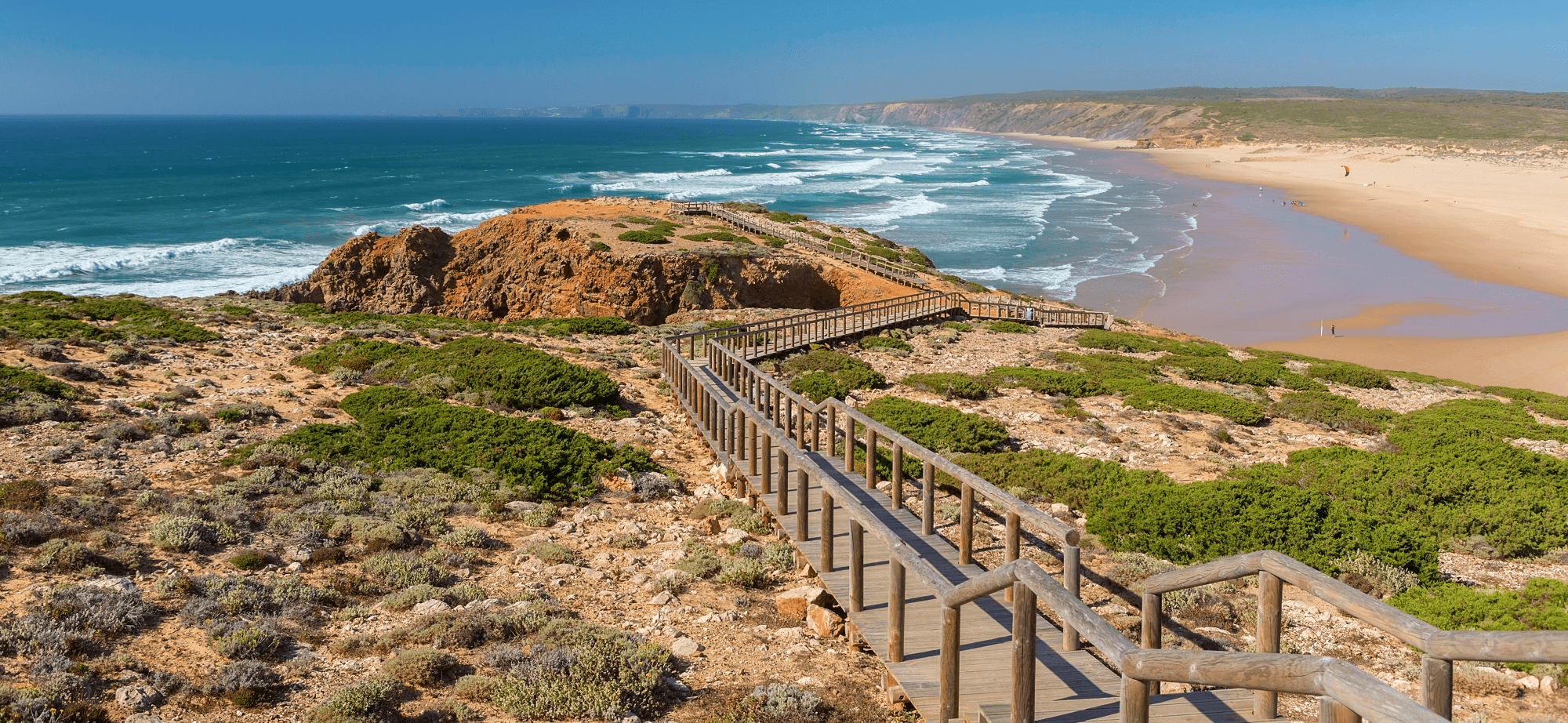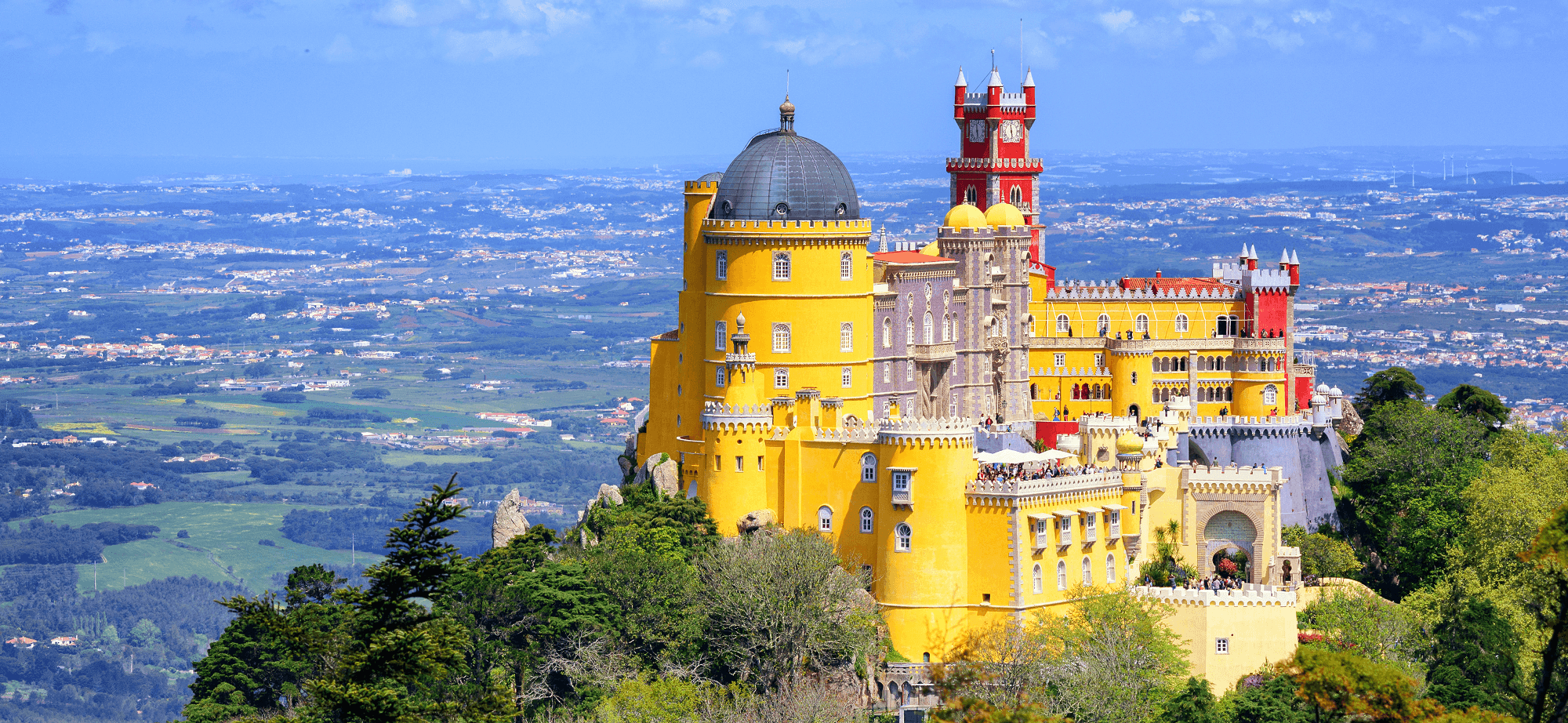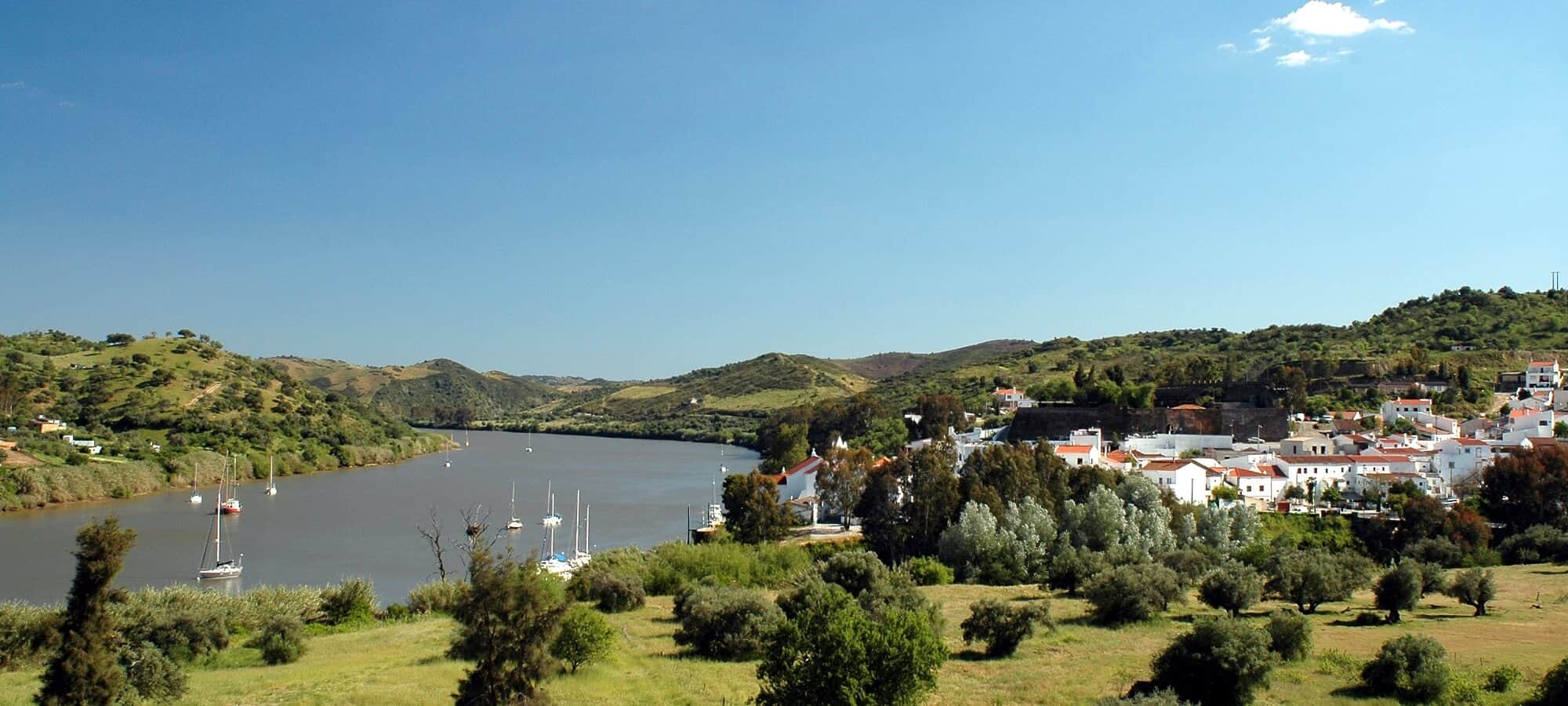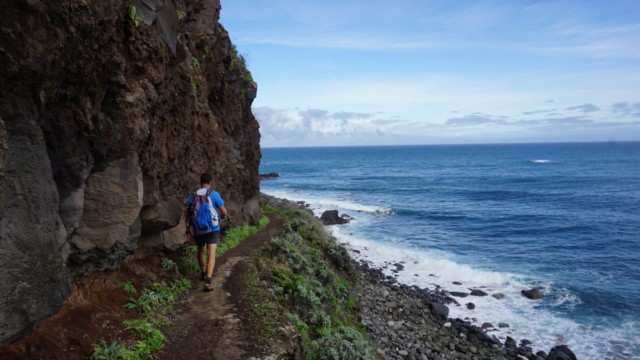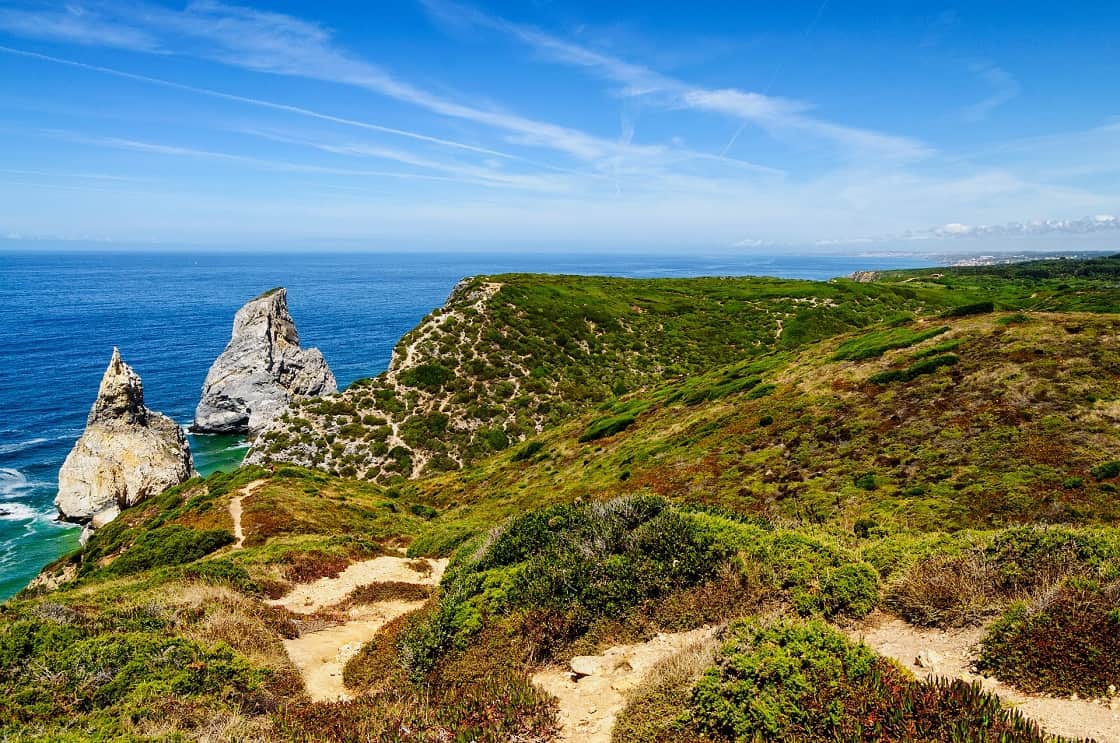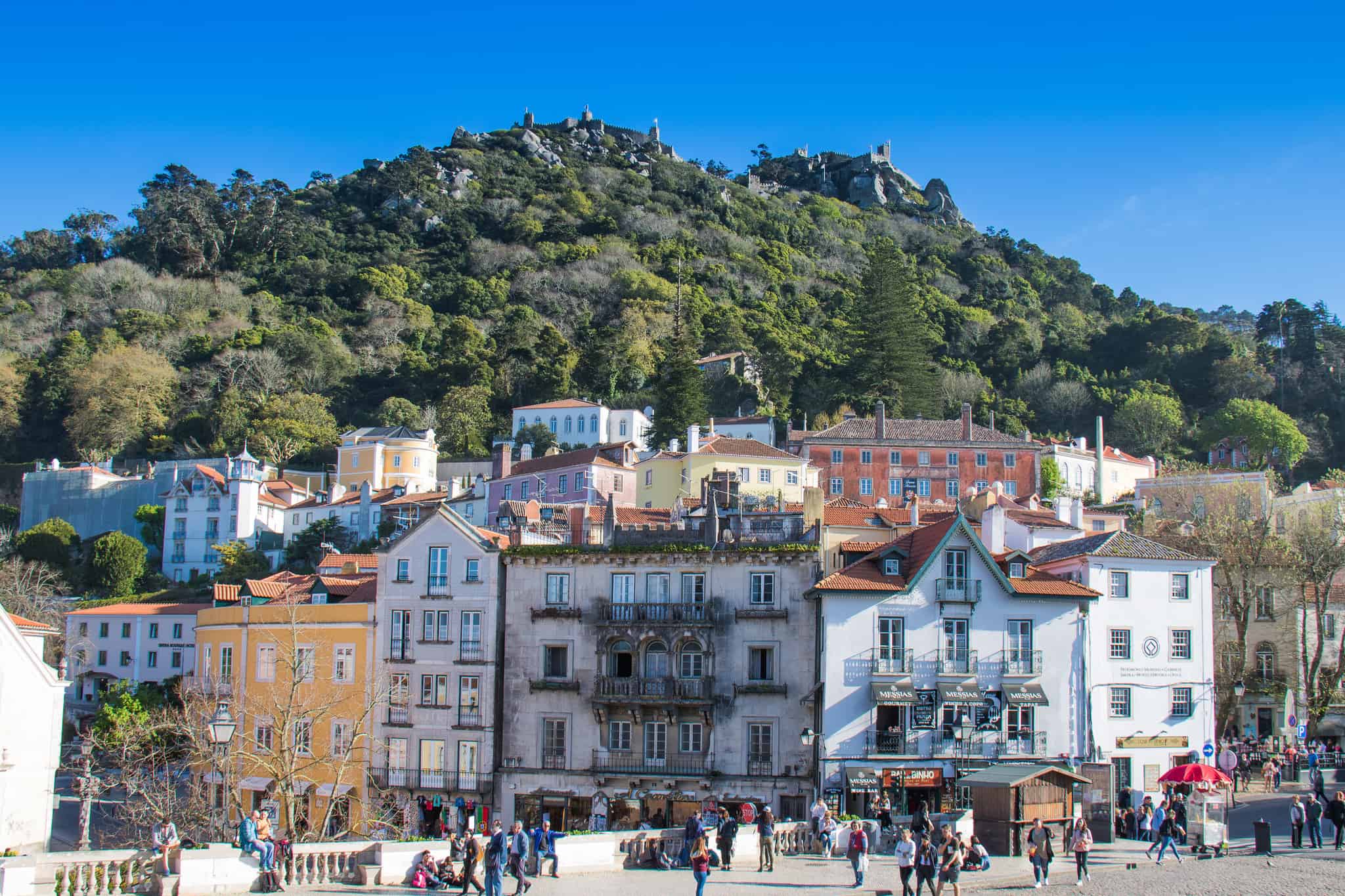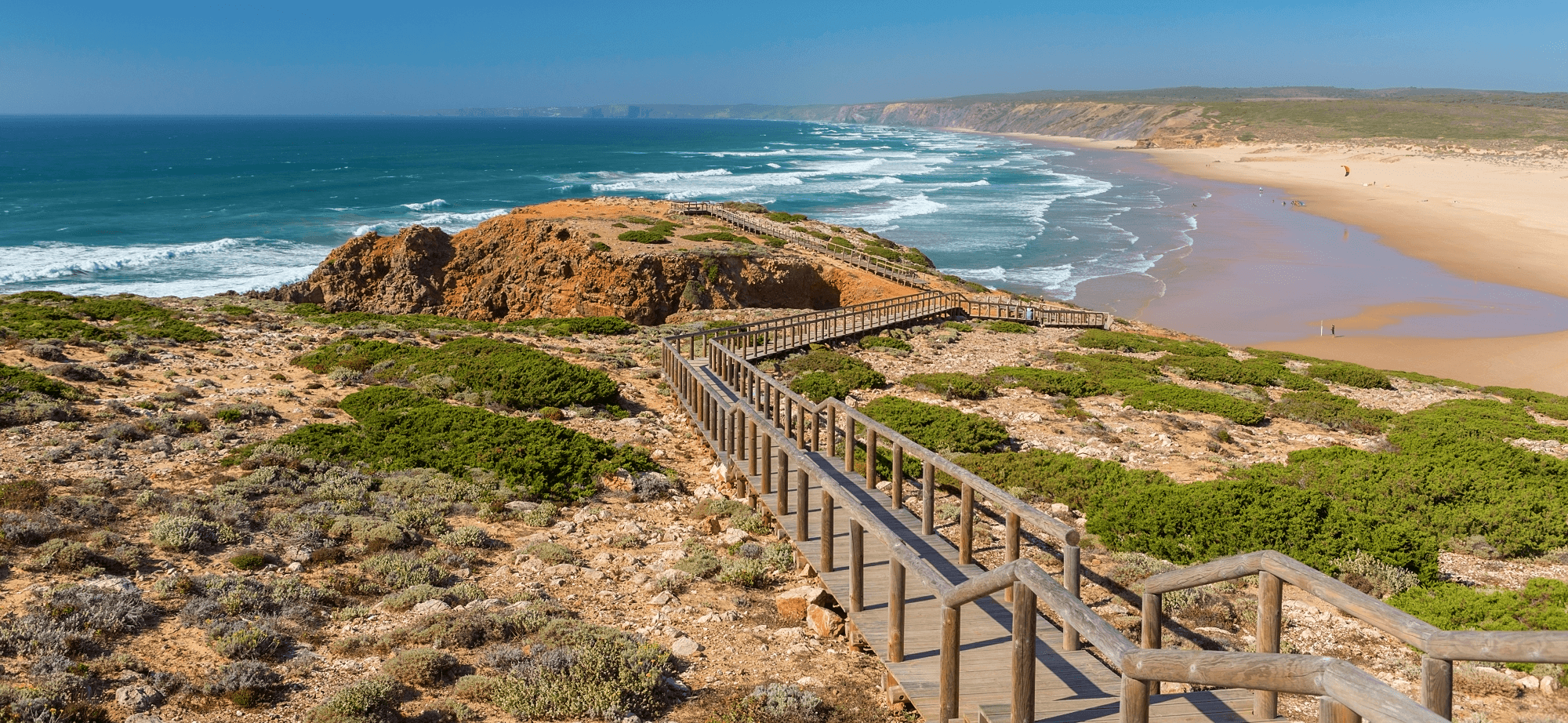Walking Holidays in Portugal - Destination Guide
Language
Portugal’s official language is Portuguese. It’s a romance language, with slight similarities to other languages of the Mediterranean (Italian, Spanish etc.), but you certainly won’t earn any favours by attempting to communicate with the locals in Spanish. Generally speaking, it’s well worth putting in the extra time to learn some of the phrases, and you'll receive a warmer reception from the Portuguese people you meet for making the effort.
English speakers are far fewer in number than other western European countries, especially in the more rural areas of the country. As is so often the case, you will find that most professionals working in the tourism and hospitality sector will have a fairly good grasp of communicating in English.
Currency
Portugal uses the Euro, with £1 (GBP) being worth about 1.14€, and $1 (USD) trading at 0.86€. ATMs are frequent in towns, cities and villages although there are some exceptions, such as Vale Seco, Arrifana and Cape St. Vincent on the Rota Vicentina. Banks are generally the best place to exchange foreign currency while out on the path, currency exchange booths tend to crop up near tourist attractions and don’t always offer the most competitive rates.
Portugal, and mainland Europe in general, are not known for a tipping culture. However, tips are appreciated and certainly not unheard of. Anything between 5% and 15%, depending on the quality of service is acceptable. It is not necessary to tip bar staff as you will usually order and collect your drinks at the bar.
Cuisine
Portugal’s proximity to the coast has a significant influence on the type of food available, with many traditional dishes incorporating seafood. Portugal is also famous for its chouriço (a spicy sausage, similar to chorizo) as well as being the originator of tempura batter. In this day and age, you’ll almost always have a vegetarian option in bars and restaurants, with gluten and dairy free options not uncommon in accommodations either.
You may find that Portuguese cuisine incorporates flavours that are typically associated with a Mediterranean style of cooking. Cakes and patisseries are also very popular in Portugal, with the custard tart being one of its most famous cultural exports.
Internet and Phone coverage
Recent EU legislation has eliminated roaming charges within the EU, although there are some exceptions to the rule that can catch you out if you’re unaware. For example, data will be charged out of your data allowance, and the same goes for accessing your voicemail.
The rules change between providers, your best policy is always to check your phone contract/plan first. One possible option would be to buy a Portuguese SIM card, where you’ll be charged domestic rates. This can be quite handy for finding museum hours, booking tables and calling taxis, without incurring the aforementioned data access charges.
Whilst phone and internet coverage across Portugal’s cities is generally good, with 4G rolled out successfully in recent years, be aware that rural areas may have limited coverage. For this reason it is best to plan ahead and not rely on mobiles when you are out and about. In towns and villages there will generally be phone reception but not always mobile internet. It is increasingly common to have free wi-fi in cafes, hotels and B&Bs, but not guaranteed.
Medical Cover
Healthcare systems vary from one country to the next and may not include everything you expect to be free of charge where you come from. EU nationals can use their European Health Insurance Card (EHIC) to access the necessary state-provided healthcare in Portugal at a reduced cost, or even for free, though the Portuguese authorities will determine whether the treatment can wait until the return home. The EHIC card also covers pre-existing medical conditions, though not for anyone travelling with the express purpose of seeking medical treatment. Emergency numbers and contacts are included as part of your walk pack.
Getting Around Portugal
As with all travel elements of your trip, we will advise and provide the information you need on how to get to the start of your walk, as well as how to get back home again following the route’s completion.
By Train – The Portuguese train service is fairly uniform, except at the distinction between long-distance and urbano services, the latter being cheaper and more frequent, although the former are generally more comfortable (often arriving equipped with restaurant carts). Unless you’re making more than a few journeys in Portugal by train, acquiring a rail pass is not necessary, although you may want to consider it, the details of which can be found here.
By Bus – Like most European countries, Portugal has a steadfast chain of bus services, serving the same routes as trains (at a fraction of the price) as well as smaller villages and rural areas. Tickets are bought at the terminals machines or booths, although if you can’t find any in the vicinity, it’s worth checking the local cafés, who are generally known to double-up as bus ticket vendors.
Taxi – Services are generally reliable, at a reasonable rate. If you’re arriving in Lisbon airport, we advise travelling from the terminals by shuttle, rather than by private taxi, which will often be the more economical option.
For continually updated information on taxis in Portugal, Centraldetaxis.pt is a great place to start. You can compare taxi fares using this taxi fare calculator to get an idea of hotel/airport transfers or any extra journeys you may be looking to make outside of your route. There's also an app for Android phone for booking taxis on the Central de Taxis website. National/International customer support phone numbers are also available on the website.

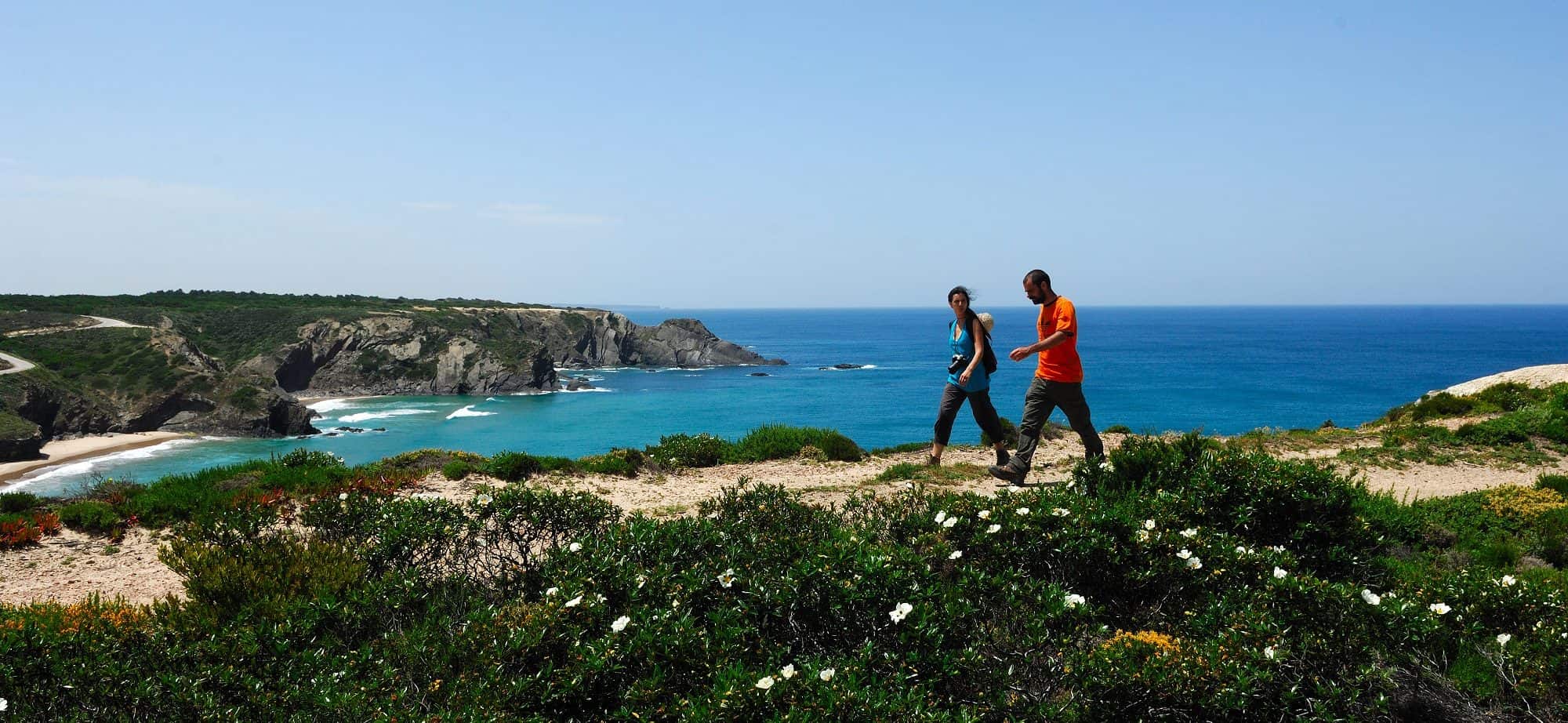
 Destination
Destination
